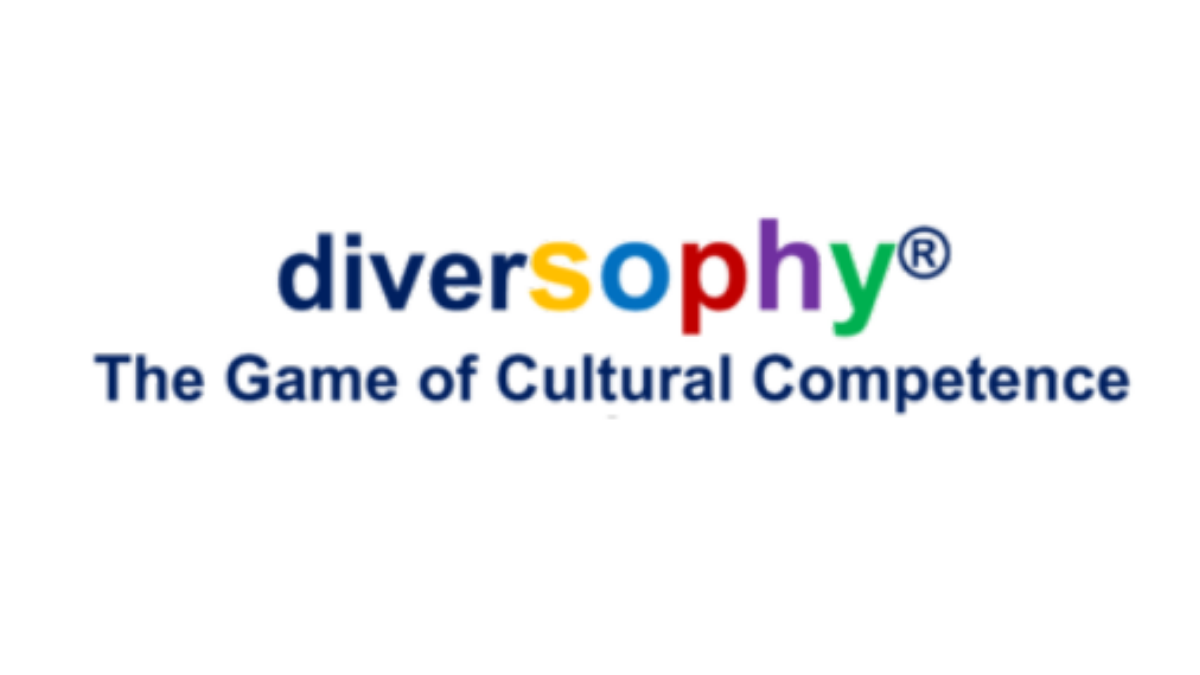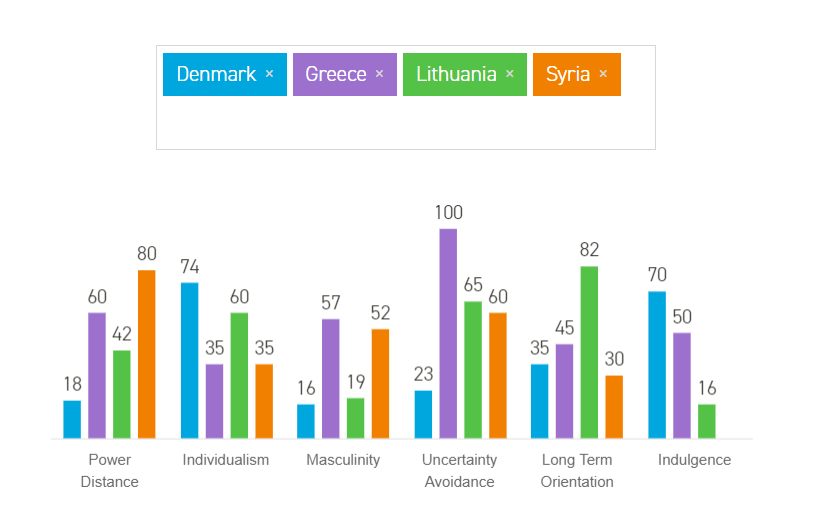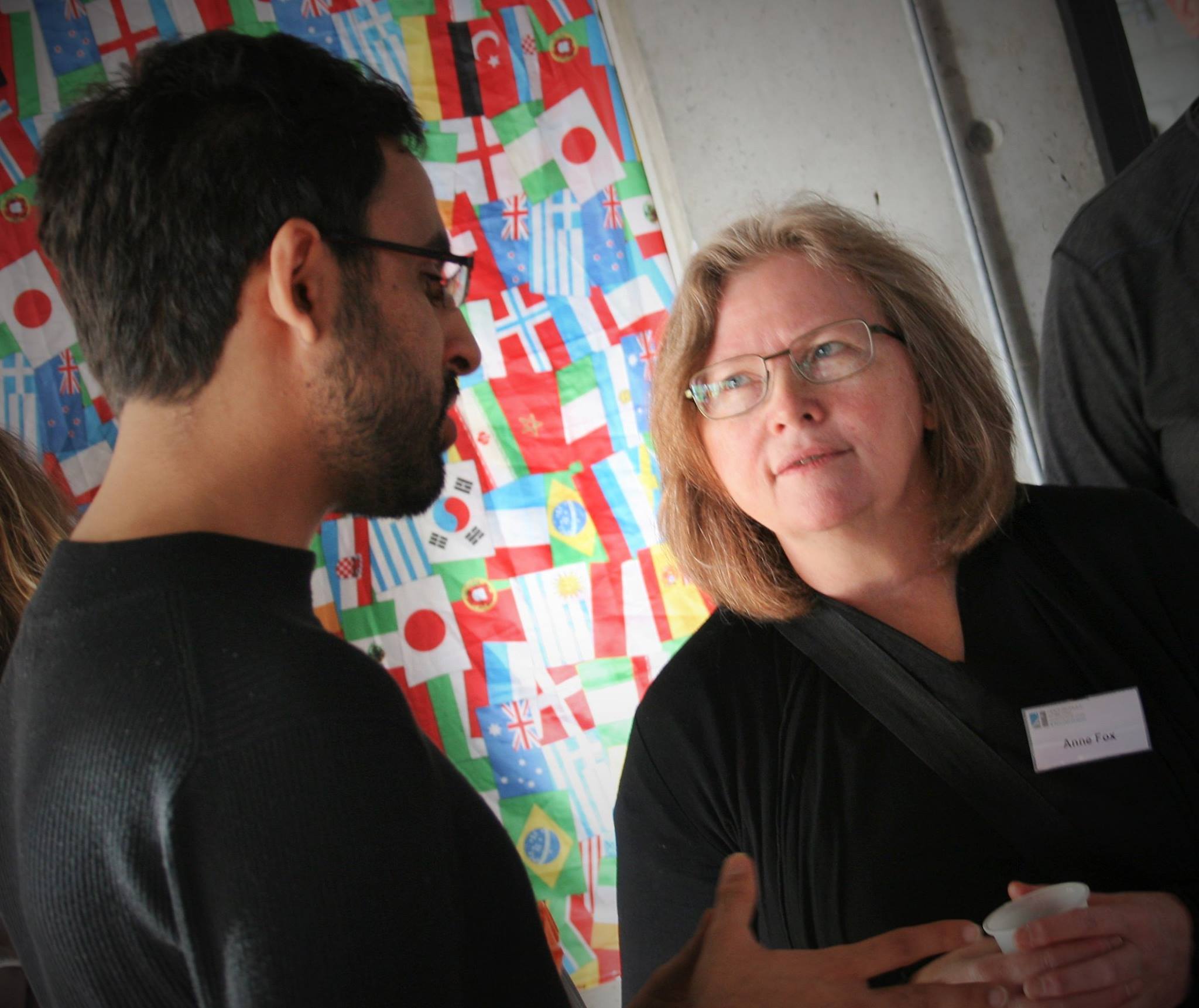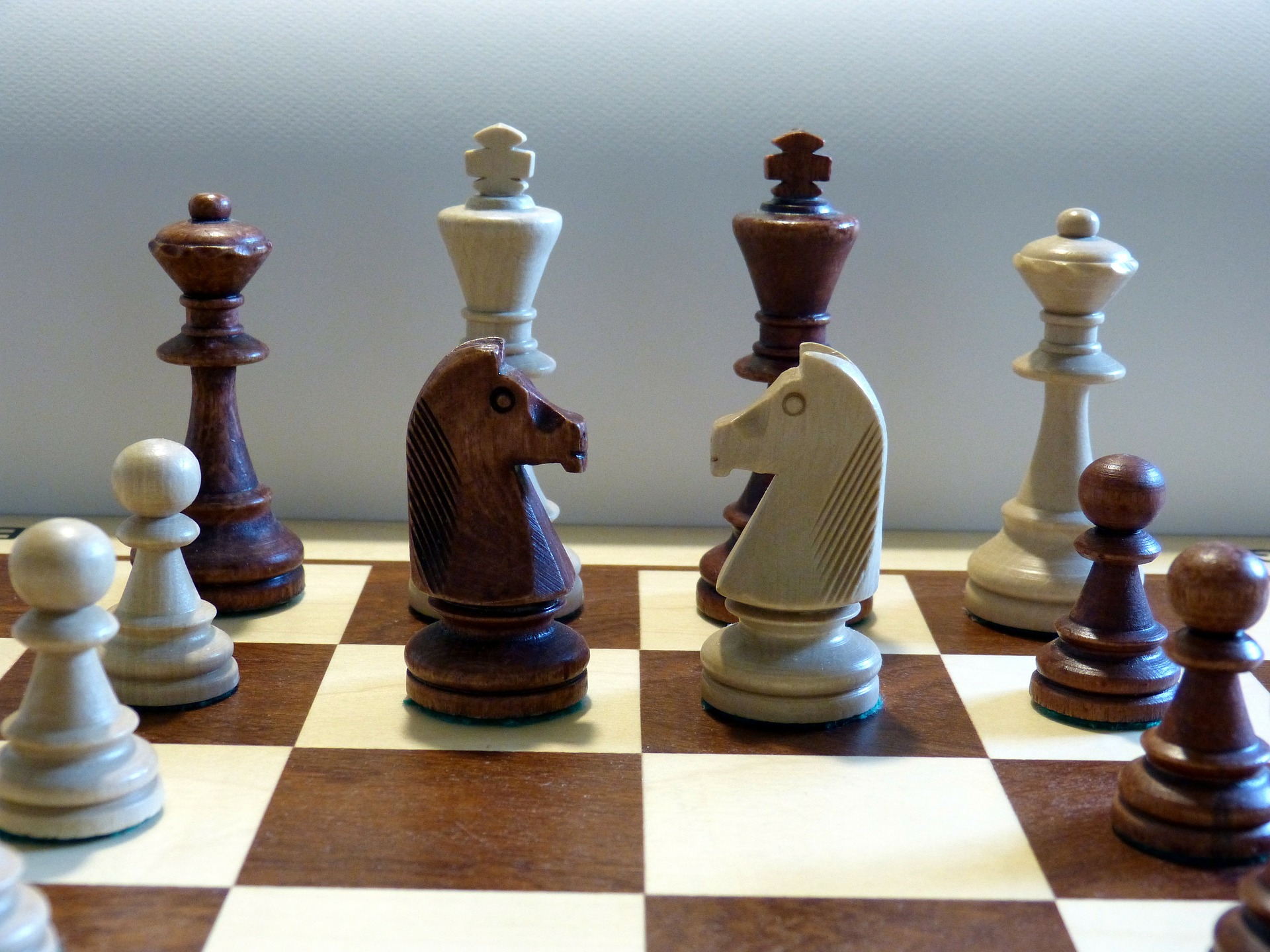Category: Intercultural communication
-

9 Conversations at SIETAR
I was able to present the 9 Conversations project at the Belgian SIETAR Congress. What was interesting was that I was sharing a track with others who were doing similar or complementary work. 9 Conversations from Anne Fox
-

Funding as a game
Having spent the last two years developing the diversophy migrant game for Denmark, I was invited by George Simons to help facilitate his pre-Congress workshop on gamification of intercultural training at the SIETAR Congress in Belgium in May. One of my slots was to describe how we got funding to develop the Danish version of…
-

diversophy® migrant-spil: Danmark
Guide til facilitering Formål I projektet “diversophy® migrant-spil – Danmark” har vi haft særligt fokus på at udvikle diversophy®dialog-spil til at skabe dialog og relationer i små danske landsbysamfund. Derfor har vi skabt nogle særlige processer omkring spillet, som beskrives her. Denne guide til facilitering skal ses som en udvidelse til diversophys®officielle Facilitation Guide. Hvor? Dette…
-

Business FAQ for migrants
Although the category of refugee business is probably rather small, it is very likely that you are familiar with at least one. These are not usually at the glamorous start-up end but more at the run-of-the-mill pizzaria and hairdresser end. Even so, it is quite daunting to arrive in a country not speaking the language and…
-

Dialogue to bridge differences
What is a virtual exchange? Maybe not what you think. We dig deeper into that in this special edition of Absolutely Intercultural coming to you from Denmark. The latest show is mainly about promoting dialogue between different groups of people. So what is dialogue? And can you tell the difference between dialogue and, for example,…
-

Managing Cultural Diversity
Some European universities are much more pro-active about internationalisation than others and I have a feeling that German universities are in general more proactive in this than HE institutions in other EU countries. The Managing Cultural Diversity seminar which I have just returned from is just one prong in a palette of events and opportunities…
-

Using games in conflict resolution
This book caught my eye based on the title alone “The Big Book of Conflict Resolution Games: Quick, Effective Activities to Improve Communication, Trust and Collaboration” (Big Book Series) by Mary Scannell. The book is not aimed at the adult education sector nor the intercultural communication sector. So once again, I am left wondering which…
-

Don’t forget the classic tools
In the last few posts I have been exploring different facets about how to resolve conflict in the diverse adult education classroom. This mainly revolves around taking the intercultural aspects into consideration such as tolerance for ambiguity and the role of the teacher (leader) in the classroom. This post is a reminder not to forget…
-

Reducing ambiguity
In the last post I made a case for not only the teacher but also the students to increase their tolerance for ambiguity. I suggested the following approach: ask about and clarify when behaviours are unexpected. even better is to anticipate misunderstandings and to make as much clear from the beginning as possible. there is…
-
The agony of ambiguity
One of the major intercultural competences is a tolerance for ambiguity. This means being open to different interpretations of what you observe and experience. Without awareness, we are likely to feel embarrassed or uncomfortable when people behave in unexpected ways. We are also more likely to attribute negative motivations such as They are doing this…